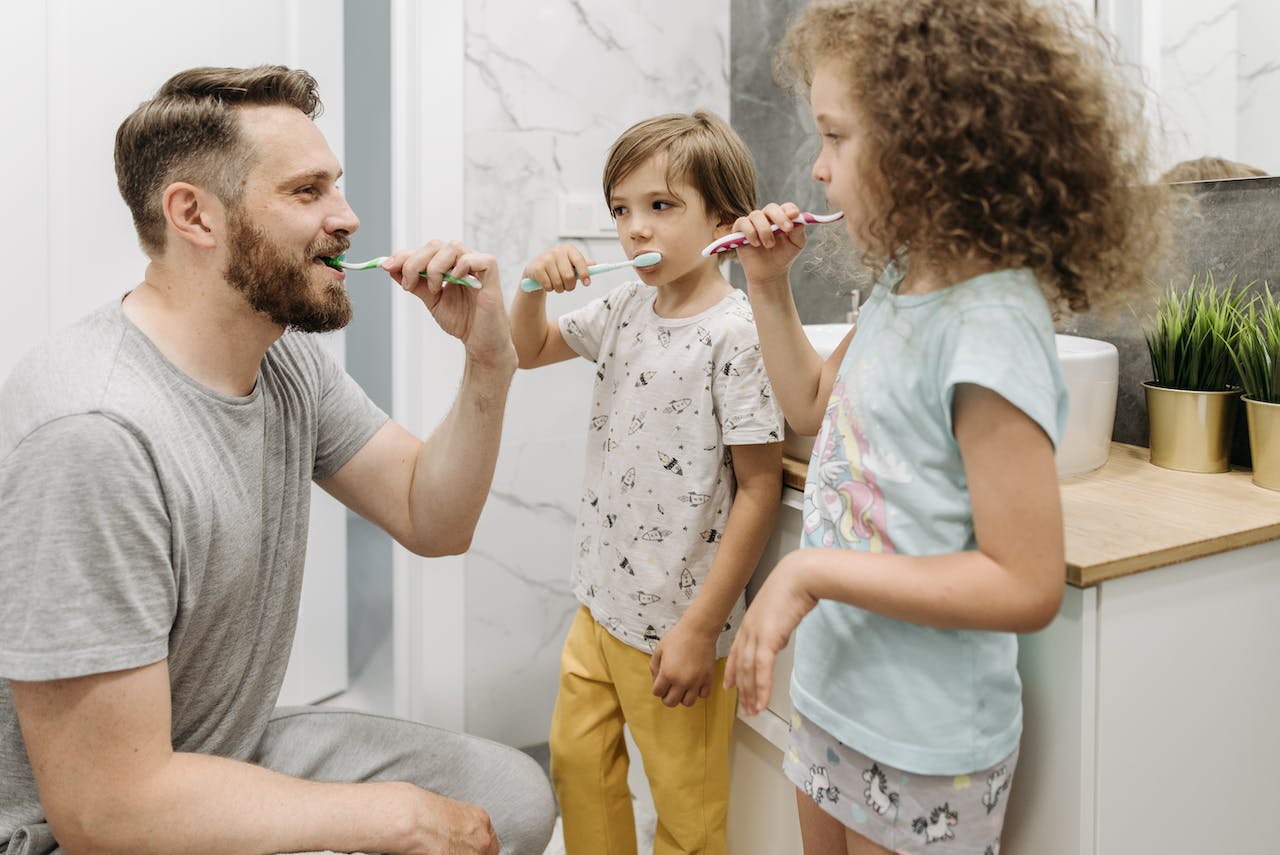Children need regular dental care to ensure their teeth and gums grow up healthy. They also need to learn good oral hygiene habits early so those will last them a lifetime.
Dental issues in kids can be difficult to spot, but they’re easier to manage if the dentist is seen regularly. This comprehensive guide to pediatric dentistry will help you understand why it’s so important.
Dental Checkups
Kids need regular dental visits to help prevent tooth decay and other oral health issues. These visits can also allow the dentist to monitor a child’s development and catch any potential problems before they become serious. Children should have a basic mouth checkup by the time they turn two. This visit will help them get used to going to the dentist and help you build a routine for future appointments.
Early dental care includes regular teeth cleanings to keep them free of plaque and tartar and fluoride treatments to strengthen their teeth. It also involves teaching your child proper brushing and flossing habits. This can be done by playing dentist with your child or reading stories about visiting Where Smiles Grow pediatric dentistry professionals. These activities can make your child more comfortable visiting dentists and allow them to develop healthy habits that last a lifetime. This can help prevent tooth decay, one of the leading chronic diseases in kids.
Fluoride Treatments
Early dental care for children is important because it can prevent tooth decay and teach them good oral hygiene habits that will last a lifetime. It can also help to reduce the chances of needing extensive, expensive treatment later in life.
Fluoride is a naturally occurring mineral that helps to strengthen teeth and prevent cavities. It is found in many toothpastes, mouth rinses, and city water supplies. It can also be administered as a fluoride varnish, which is applied to the teeth by a dental professional.
You should take your child to the dentist when their first tooth erupts or by their first birthday. During these visits, the dentist can assess their health and provide necessary treatments, including fluoride varnish applications. They can also provide tips on maintaining good oral hygiene, including brushing twice daily with fluoride toothpaste and regularly flossing.
Tooth Brushing
When a child’s first tooth erupts, they should practice diligent oral hygiene. Brushing their teeth twice daily with fluoride toothpaste and flossing regularly helps keep their smiles healthy. This early dental care can help reduce the risks of serious dental problems down the road, including cavities and gum disease.
Getting children involved in dental care can make it more fun, promoting lifelong healthy habits. For example, you can let them choose their toothbrush or play music while brushing. This can help them focus on brushing and get excited about dental hygiene. Parents should also encourage their kids to visit a dentist regularly. By taking their kids to a qualified pediatric dentist, they can ensure that their teeth and gums remain healthy throughout childhood.
Flossing
A regular flossing routine can prevent cavities, gum disease, and other mouth issues. It can also improve overall health. Studies suggest that periodontal (gum) disease is linked to heart disease, diabetes, and other conditions. Flossing is inexpensive and takes little time, yet it can impact long-term health.
Dental professionals recommend that parents encourage kids to brush and floss as soon as their baby teeth begin to grow. This helps them get used to oral hygiene practices and establish habits that can last a lifetime.
Early dental care can help children avoid serious problems like tooth decay and gum disease. It can also save families money. Treatment for serious dental problems is often more expensive than preventive care. If you have questions about the importance of pediatric dental care for your child, talk with a dentist who specializes in working with kids.






